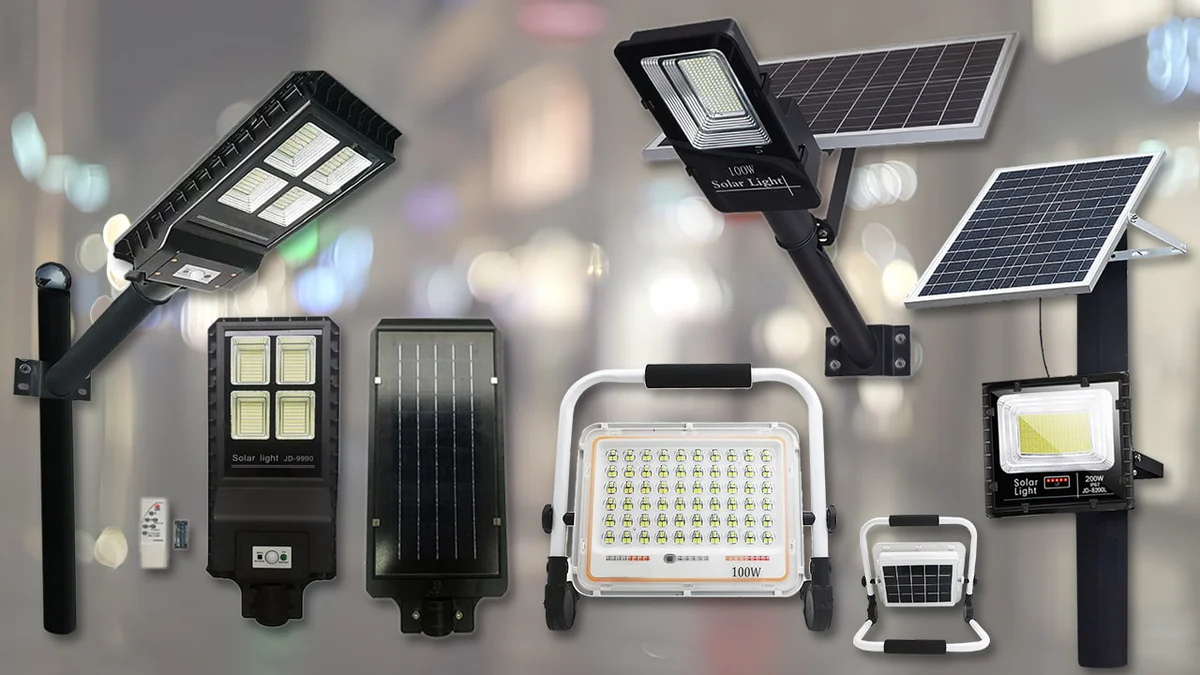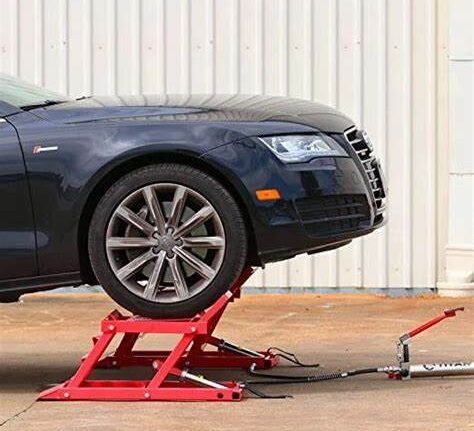Investing in solar lights is an excellent way to reduce energy costs while embracing sustainable technology. Whether you are lighting your garden, pathway, or industrial premises, choosing the right solar lights requires careful consideration of several key factors. With the increasing adoption of renewable energy solutions in Nigeria and beyond, understanding what to look for when buying solar lights ensures durability, efficiency, and value for your investment.
Quality of Solar Panels
The performance of solar lights heavily depends on the quality of the solar panels. Monocrystalline solar panels are the most efficient and offer better energy conversion rates, making them suitable for areas with limited sunlight. Polycrystalline panels are slightly less efficient but more affordable, making them a practical choice for general use. Thin-film panels, while flexible, have the lowest efficiency and are best suited for low-power applications. When selecting solar lights, ensure the panel type aligns with your energy needs and the local climate conditions.
Battery Capacity and Type
The battery stores the energy collected by the solar panel, determining how long the lights will operate after sunset. Lithium-ion batteries are commonly used due to their high energy density, longer lifespan, and faster charging capabilities. Nickel-metal hydride (NiMH) batteries are another reliable option, offering stable performance and environmental friendliness. Pay attention to the battery’s capacity, usually measured in milliampere-hours (mAh), as higher capacities translate to longer illumination times. For areas requiring all-night lighting, prioritize solar lights with robust battery storage.
Brightness and Lumens Output
Brightness is a crucial factor when purchasing solar lights, measured in lumens. For pathways and gardens, 100 to 300 lumens provide sufficient illumination. Security and floodlights require higher lumen output, typically between 700 and 1300 lumens, to cover larger areas effectively. Ensure the brightness level matches the intended purpose to achieve optimal performance and visibility. Modern solar lights often feature adjustable brightness settings, allowing flexibility in different environments.
Durability and Weather Resistance
Outdoor solar lights are exposed to harsh environmental conditions, making durability a critical consideration. Look for products with a high Ingress Protection (IP) rating to ensure resistance to dust, moisture, and heavy rain. An IP65 rating is suitable for most outdoor applications, while IP67 offers superior protection for extreme weather conditions. Ensure the light’s housing is made from durable materials such as stainless steel or UV-resistant plastic to prevent wear and tear over time.
Charging and Runtime Efficiency
Efficient charging and extended runtime are vital for reliable solar lighting. Consider how many hours of direct sunlight the panel requires to reach a full charge and how long the light will remain illuminated. High-quality solar lights typically charge within 6 to 8 hours of sunlight and provide illumination for 8 to 12 hours. For regions with inconsistent sunlight, choose models equipped with larger solar panels and higher-capacity batteries to ensure consistent performance.
Smart Features and Controls
Modern solar lights often come with advanced features that enhance functionality and convenience. Motion sensors detect movement and trigger brighter illumination, which is ideal for security applications. Light sensors automatically turn the lights on at dusk and off at dawn, conserving battery life. Some models include remote controls, dimming options, and even app-based monitoring systems. Consider these smart features based on your specific lighting needs and usage patterns.
Installation and Maintenance
Ease of installation is another essential factor when purchasing solar lights. Most solar lights are designed for DIY installation without the need for complex wiring. Ensure the lights come with clear instructions and necessary mounting hardware. Maintenance typically involves cleaning the solar panel regularly to maintain efficiency and checking the battery performance periodically. Opt for models with replaceable batteries to extend the product’s lifespan.
Warranty and Manufacturer Support
A reliable warranty and responsive customer support indicate the manufacturer’s confidence in their product. Look for solar lights with at least a one-year warranty covering defects and performance issues. Some premium models offer warranties of up to five years, providing peace of mind and long-term value. Reputable manufacturers often provide accessible customer service to assist with technical issues and replacement parts.
Cost Versus Value
While cost is an important consideration, focus on overall value rather than simply choosing the cheapest option. High-quality solar lights with advanced features may have a higher upfront cost but offer better performance, durability, and energy savings over time. Compare product specifications, customer reviews, and warranty terms to make an informed decision that balances affordability with long-term reliability.
Conclusion
When buying solar lights, understanding critical factors such as panel quality, battery capacity, brightness, durability, and advanced features ensures you make an informed purchase. Investing in high-quality solar lighting enhances energy efficiency, reduces operational costs, and supports sustainable living.
Explore the latest innovations and expert insights on solar solutions by signing up on epci.ng to stay ahead in energy efficiency and cutting-edge technology.







Leave feedback about this